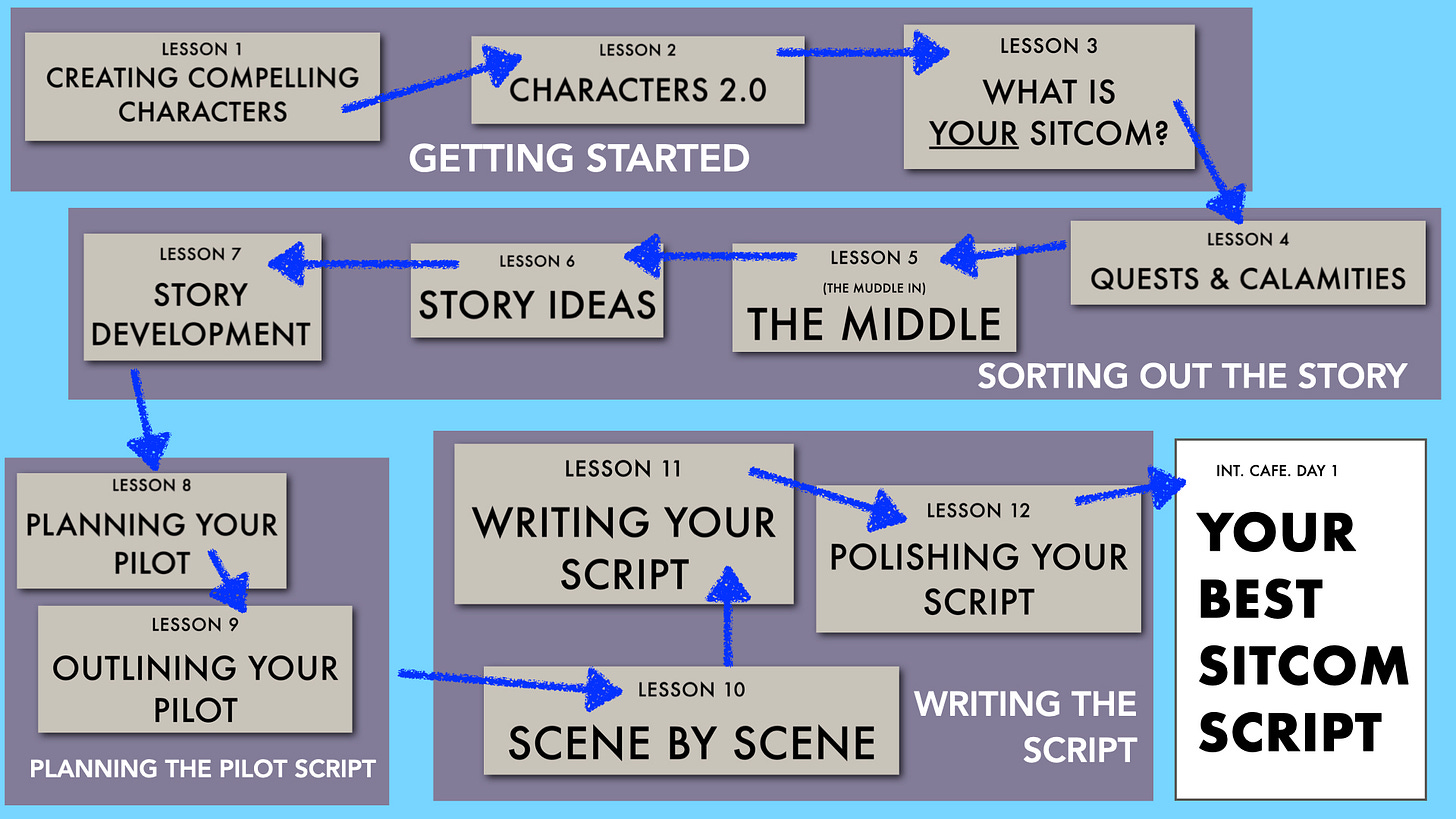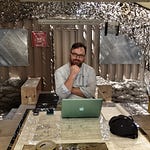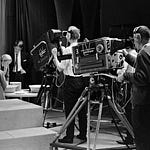Yes, of course, they do. Many producers probably feel this way. They’re an extra voice in the mix which feels like it will slow things down when time is pressing. Shooting TV is frantic.
But writers can also save the production vital hours if anyone actually has time to listen to what they have to say. The writers have thought about little else for the previous six months so they can be a very useful reference point if props or costume have questions, able to give instant answers.
The writers haven’t just written the dialogue. They’ve written the action and the story. In fact, they’ve written The Show. So all questions are relevant to the writer. For example, how big should the ladle in Scene 7 be? What sort of liquid soap do we need in Scene 3? Does this picture on the wall seem about right? Is this scarf too much? What army rank is this unspecified character? Should they be running, jogging, marching or walking? You get the idea.
Porn Mags
An absurd example is from Bluestone 42 when, in the very first episode, the script says the squaddies have a pornographic magazine. The props department look at this and think ‘Porn mag? What type of porn mag? Is it proper full-on porn? Hardcore porn? Softcore porn? Or a lads’ mag (eg. Nuts) which is not quite the same thing?’ We said it had to be some kind of porn mag, not a lads’ mag. But crucially, what is the porn mag called?’
You can’t just use an existing magazine without permission which may well involve paying someone so you have to make up a name. In sitcoms, fake pornographic magazines are always called something ridiculous like Big ‘n’ Bouncy, but that just feels fake (about as fake as those things that are billed as big and bouncy). The props department will have a few ideas, but they’ve got a thousand and one other props to sort out. Ultimately, you have to approve something – or more likely think of something yourself. So on set, I found myself trying to think up believable titles for porn mags that weren’t already the name of a magazine that happened to be about something else. You also don't want a magazine title that's funny, satirical, creepy or open to misinterpretation as it'll get in the way of the scene, the dialogue and the jokes.
In fact, naming porn mags is something I’ve now found myself doing on two occasions on the set of Bluestone 42. In Series 1, we ended up with a magazine called Racquel’s Choice which, for some reason, I found pleasing. It seemed to me that this was a magazine started in the 1970s which had a bit of history to it. Richard Hurst, my co-writer, was never that convinced but we had to settle on something fairly swiftly. In the end, you hardly saw it anyway. In Series Two, we needed a magazine for gay porn. I think we ended up with Manbox. Those are the kind of issues you end up dealing with on set.
Then there are little script issues that need dealing with on set. I call this Ironing.
Ironing
You’re filming the show and overall, the scripts seem to be in good shape - if you do say so yourself - but every scripts has creases that need smoothing out. Wrinkles. There are lines that don't quite sound natural, or feel annoyingly long in situ and need trimming. Or some lines have already been trimmed too much and don't make sense. An off-hand line that implies the story is going to go one way, it isn't and needs cutting so it's all silky smooth. (But you don't iron silk, right?)
Writers should be able to fix these script problems quicker than anyone else because, well, it’s their only job. They’ve got the time. And they’re good with words. It’s what they do. Moreover, asking a member of the cast, the director or whoever happens to be on hand to fix a line that isn’t working is unreasonable. Coming up with the right line for the right character in situ is not easy. In the case of Bluestone 42, there was also military advice and technical knowledge to be weighed and considered. It’s a writer’s job to fix it, isn’t it? It seems odd that a director or producer wouldn’t insist on having the writer on hand for that.
Of course, there may be bigger cuts that can be made – and budget, overruns, bad weather or time constraints mean that maybe even an entire scene has to go. This is when you need the writer around. Writers often know in their heart of hearts that a scene or some action isn’t strictly necessary. If pressed, they can normally find cuts when faced with the reality of shooting a half hour of television in five and a half days.
I’m also surprised when a writer doesn’t want to be on hand for all of the above. (Well, I’m not that surprised. Writers aren’t paid extra for turning up.) The shooting of the script is The Most Critical Stage, isn’t it? You can’t edit pictures and lines you haven’t got. You have to make sure you have everything and have it right. After all, the final broadcast version of the show is all anyone sees or cares about. You’re the writer – you’ve written the Show, not the Script, haven’t you? Discuss.
Here we dip our toe in the ‘Who’s In Charge?’ question. In America, the Show Runner, who is often the show creator, is in charge and has final say, although they may temper their vision based on the wishes of their paymaster and broadcaster. In the UK, things are less clear-cut. Is the producer in charge creatively? It seems that we muddle through in the hope that no-one’s going to cause an embarrassing scene. How very British.
A director I spoke to recently was surprised that either Richard Hurst or I were on set for every scene of Bluestone 42. He wondered why. I replied that we’d spent months of our lives writing these episodes. Why wouldn’t we want to see them through to the very end? If you don’t take the time and trouble to be there on the day and have your say in the edit, you don’t really have any right to complain if Your Script and The Show are two very different things.
You can watch Bluestone 42 on iPlayer at the moment.
And if you want to write your own sitcom from scratch, I can help you with that. I walk you through the entire process in this video course that you can do at your own pace.












